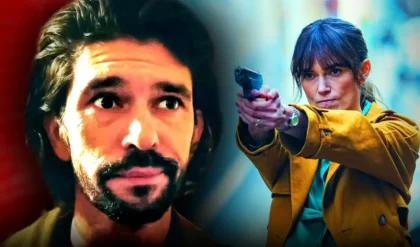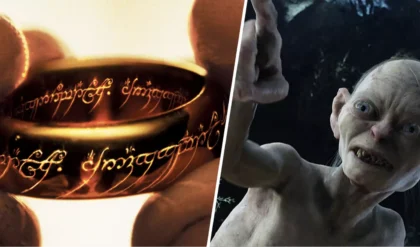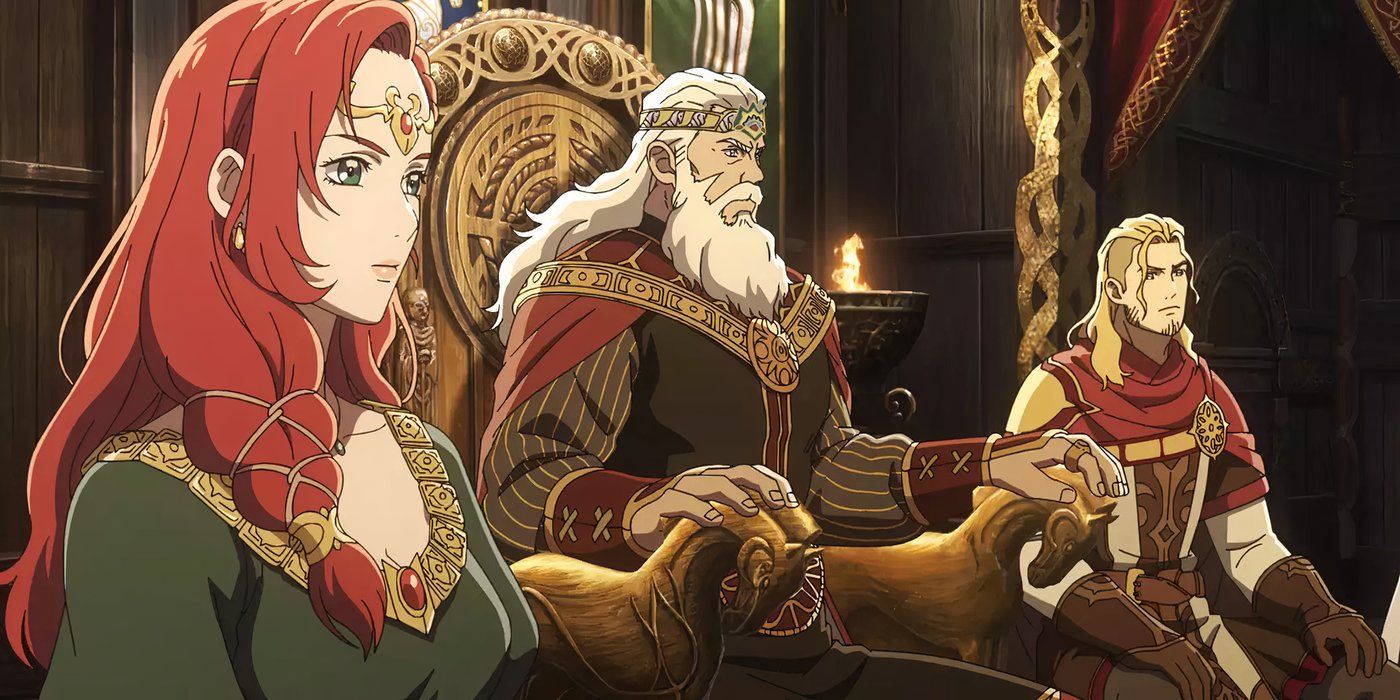
In a newly released featurette, the team behind The War of the Rohirrim reveals how anime allowed them to dive into the untold history of Rohan’s King Helm Hammerhand with more creative freedom than live-action ever would. By combining anime’s ability to create dramatic art with the grandeur of Tolkien’s world, the film is set to be both a fresh and faithful addition to the Lord of the Rings legacy. This adaptation could mark a turning point in how franchises use anime to re-imagine and create sequels to already beloved stories.
Why Anime Was The Right Choice For The War Of The Rohirrim
Bringing Tolkien’s Epic World To Life With Anime
From director Kenji Kamiyama, watch as the worlds of Anime and Middle-earth meet. #LOTR: The War of the Rohirrim – only in theaters December 13. pic.twitter.com/pXI5LyAL0V — Warner Bros. Pictures (@wbpictures) November 26, 2024
The choice to bring The War of the Rohirrim to life as an anime might seem unconventional at first, but it is a choice that aligns perfectly with the story’s needs. According to director Kenji Kamiyama, anime excels in capturing the emotional intensity of war and the personal struggles within it. This note is very important for a story centered around Helm Hammerhand, a character grappling with loss and responsibility.
The featurette goes on to talk about how the visuals of anime can offer this Lord of the Rings film a unique blend of the epic scale that it needs and personal character moments. Scenes of sweeping cavalry charges can be followed up by quiet moments of reflection and character growth, creating a balance that resonates with Tolkien’s themes. Anime also allows for more imaginative depictions of Rohan’s landscapes, emphasizing the beauty of Middle-earth while still staying true to its lore and source material.
The use of anime also opens the door to stylized action sequences that can make moments more dramatic in Helm’s and Hera’s battles. The medium gives the movie the ability to blend realism with exaggeration, making sure that important moments of the film will leave a lasting impact on the audience. For a tale as mythic and epic as that of Helm and the princess Hera, anime is the perfect medium.
What This Means For Future Anime Adaptations
Anime’s Role In Shaping The Future Of Fantasy And Other Franchise Adaptations
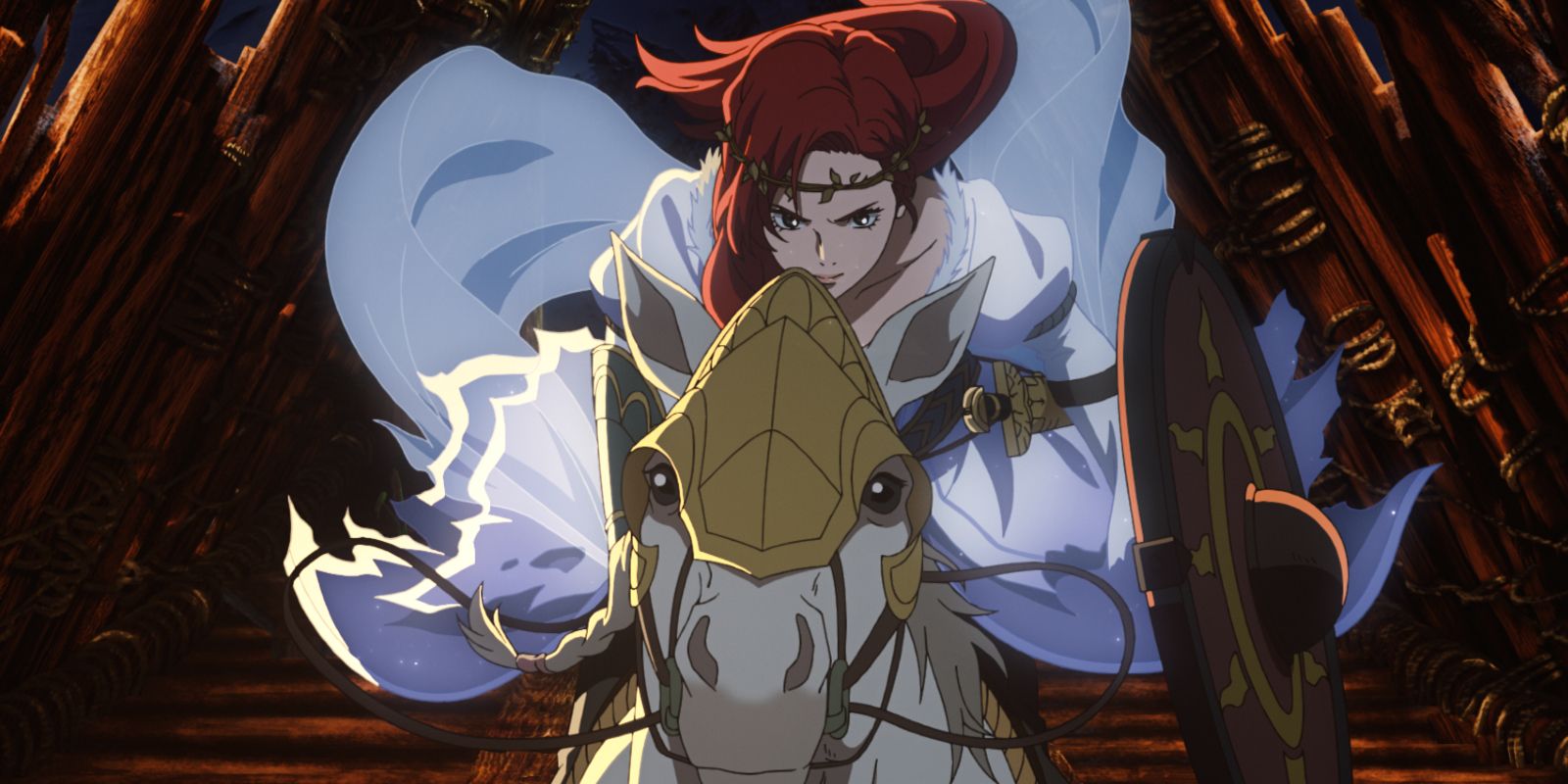
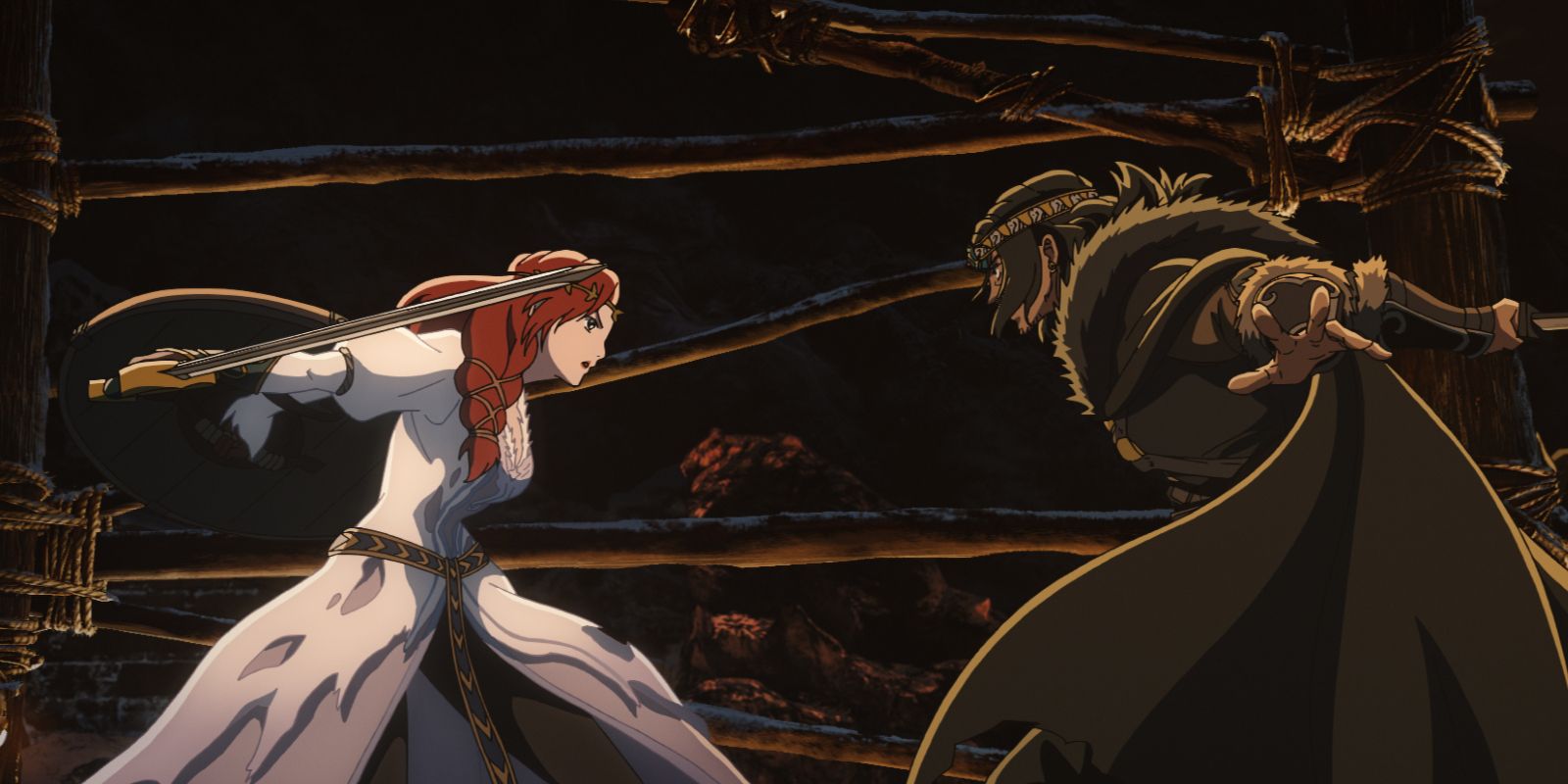
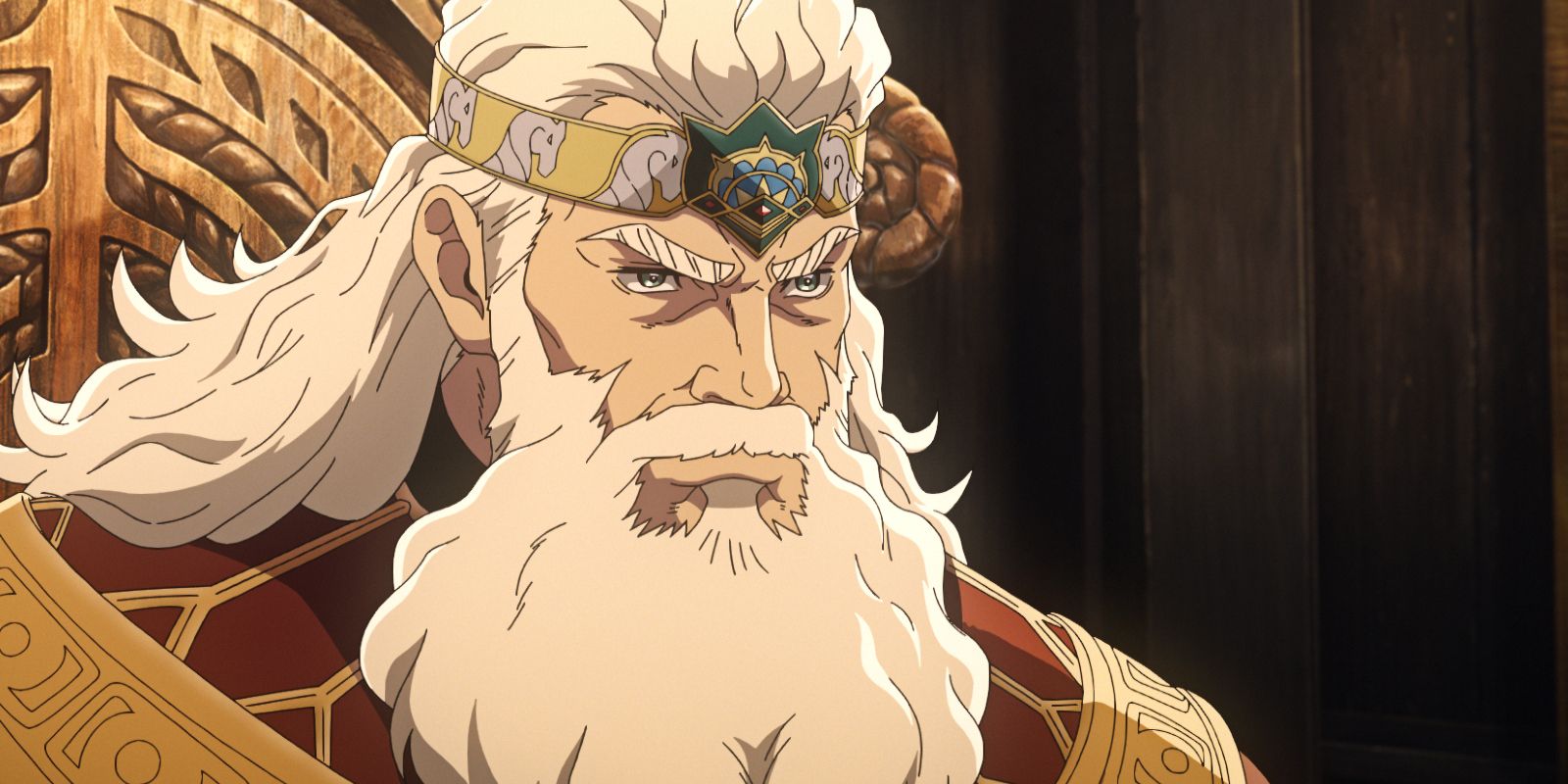
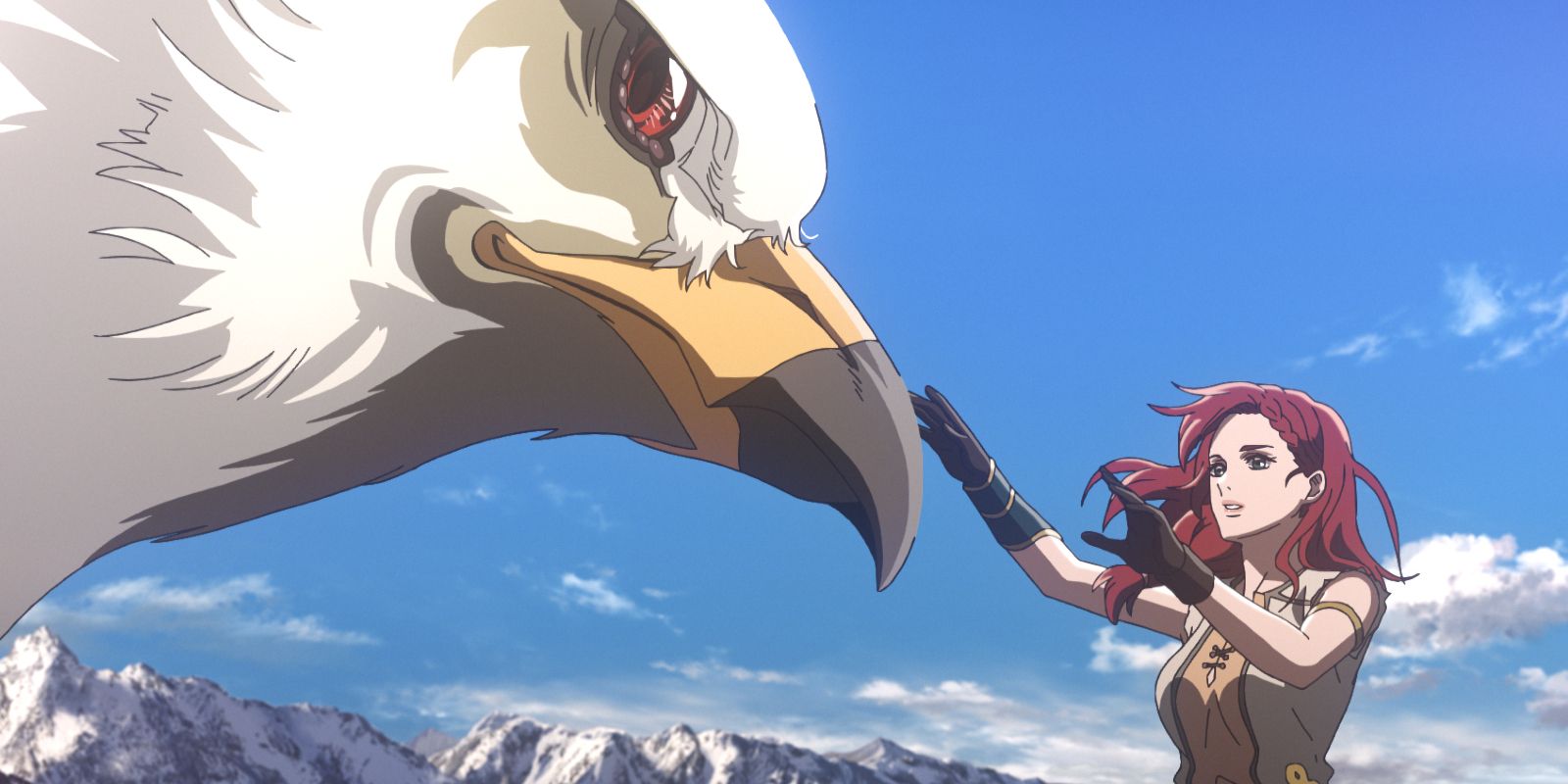
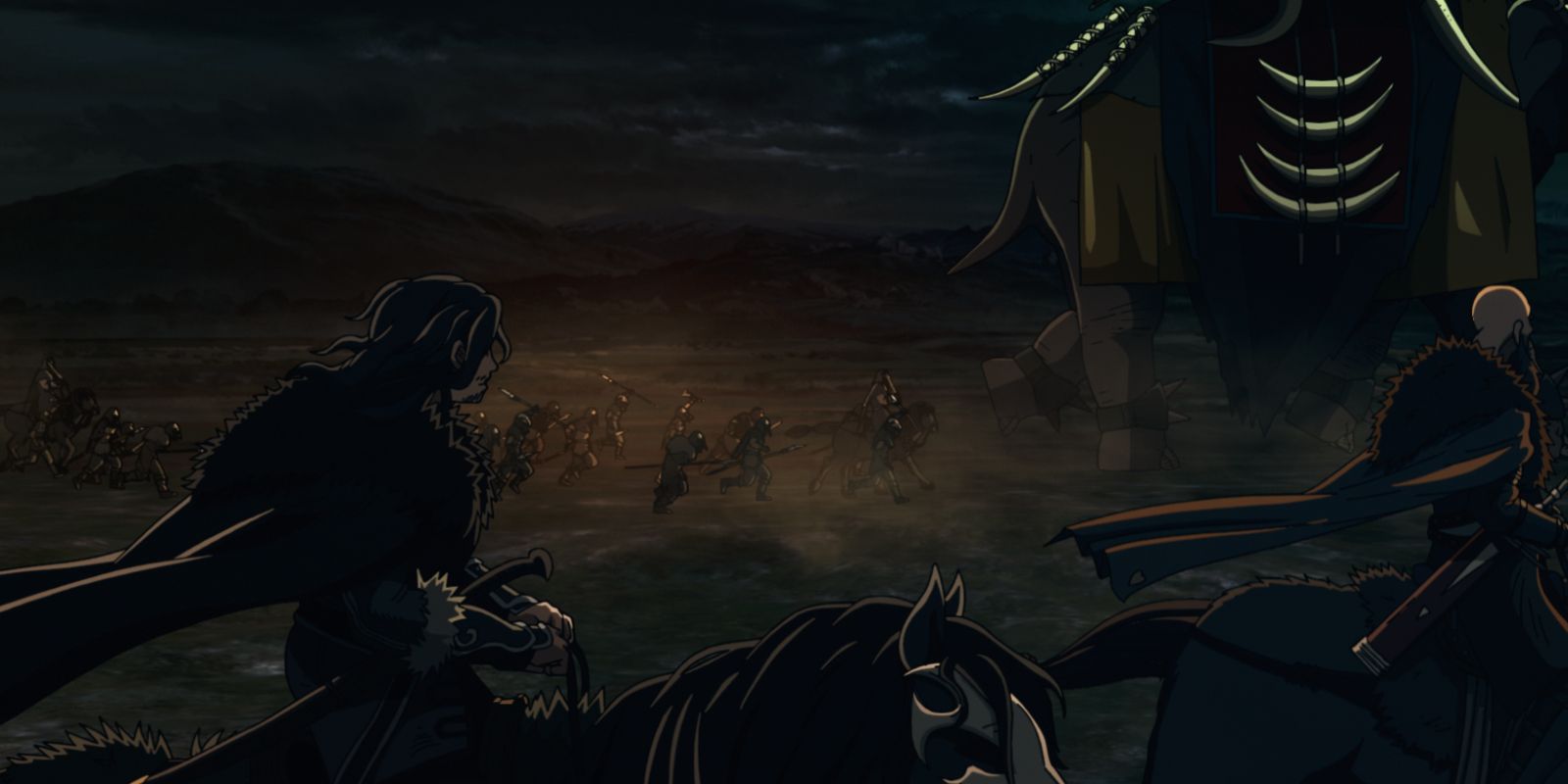





The decision to adapt a major Western franchise like The Lord of the Rings into anime highlights the growing recognition of anime as a global storytelling medium. By embracing the anime format, the creators are not just reaching out to anime fans but also expanding the possibilities for how such popular stories can be told. Producer Philippa Boyens notes in the featurette that anime allows for both emotional immediacy and artistic freedom, making it increasingly appealing for high-stakes adaptations.
This move could inspire other franchises to consider anime as a viable medium for exploring new stories or expanding existing ones. Franchises like Star Wars have already tested these waters with projects like Visions, proving that anime can provide fresh perspectives and unique stories while respecting the original material. As anime continues to gain mainstream acceptance, its influence on global storytelling is set to become even bigger than ever.
The success of War of the Rohirrim could lead to an increase in anime adaptations of epic fantasy works. The fantasy genre’s visual and storytelling demands align well with anime’s strengths, making it a natural choice for creators looking to breathe new life and adaptations into familiar tales. This trend could redefine the industry of both anime and fantasy storytelling.
What Else Can Anime Do For Middle-Earth?
Exploring Middle-Earth’s Untold Stories Through Anime
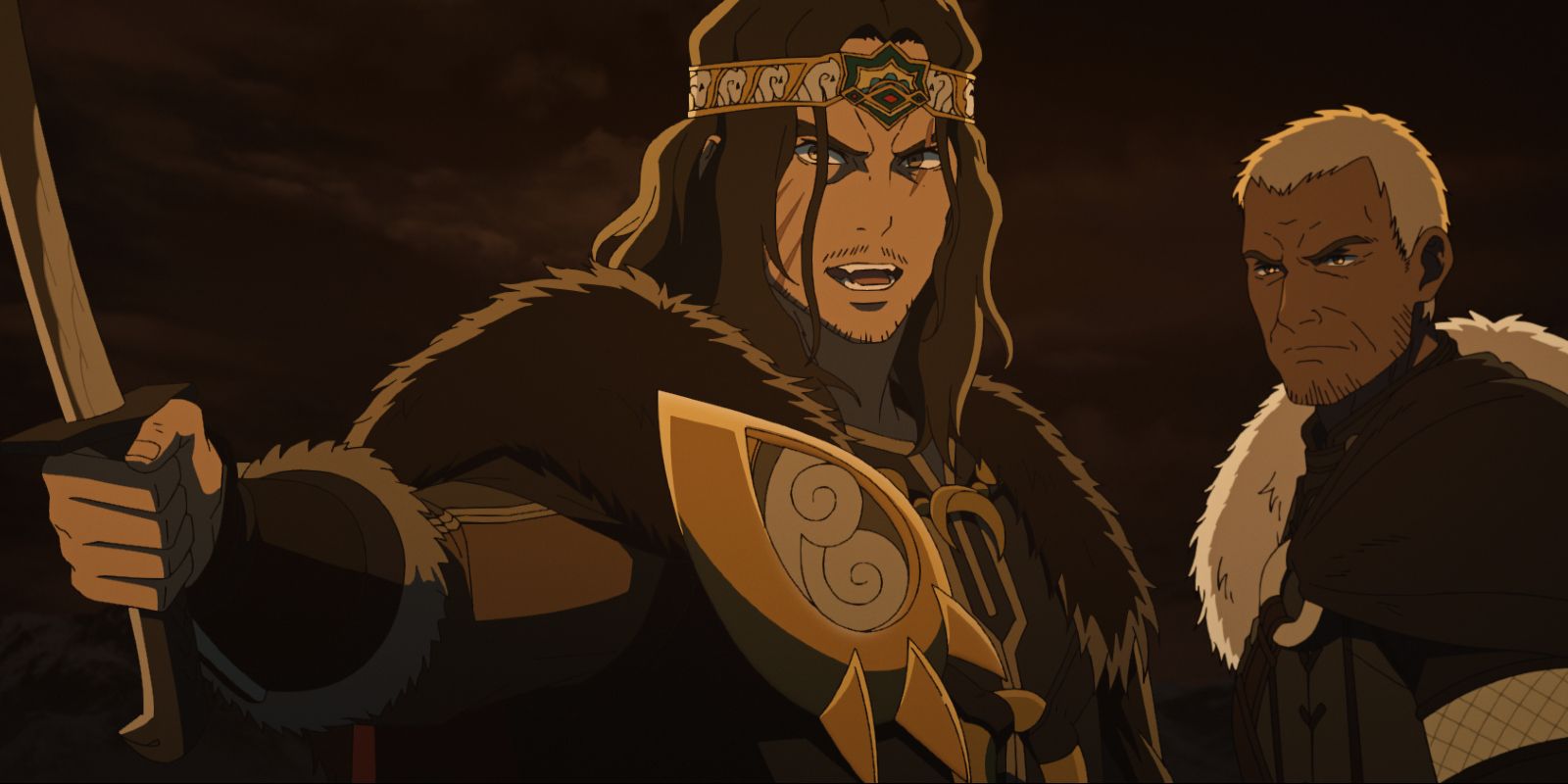
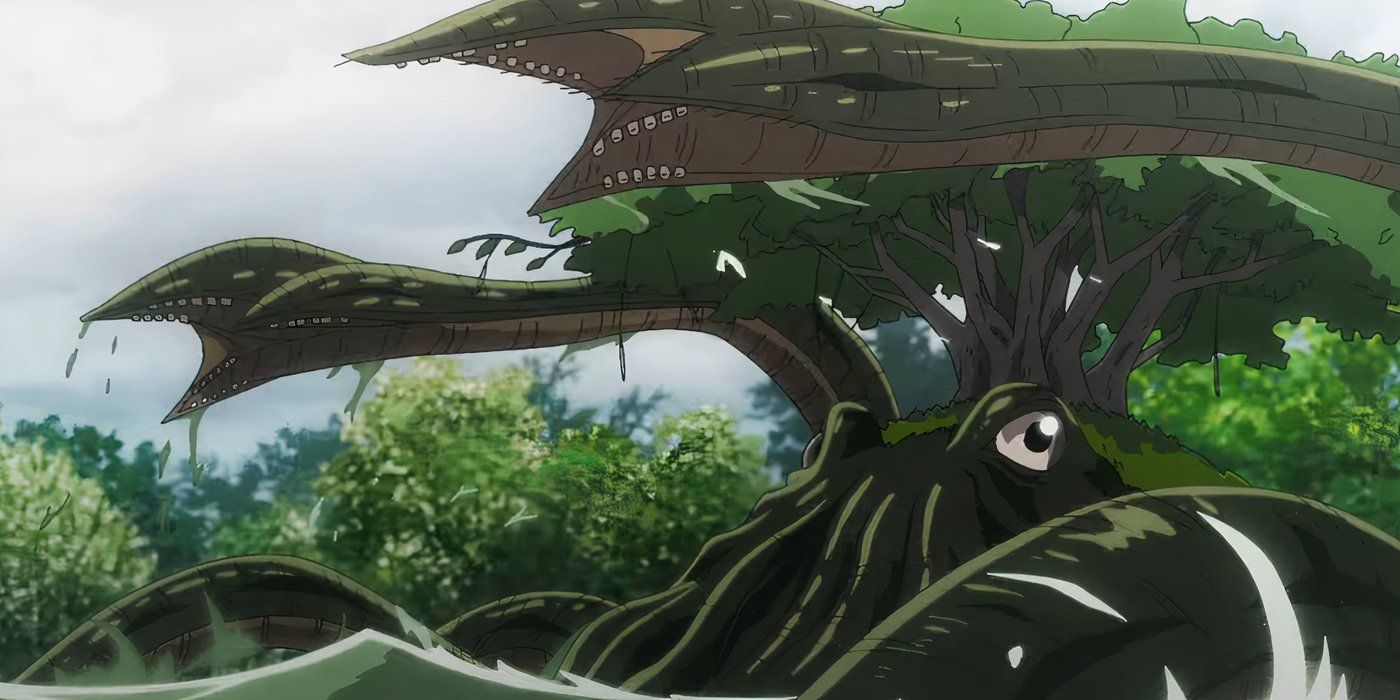
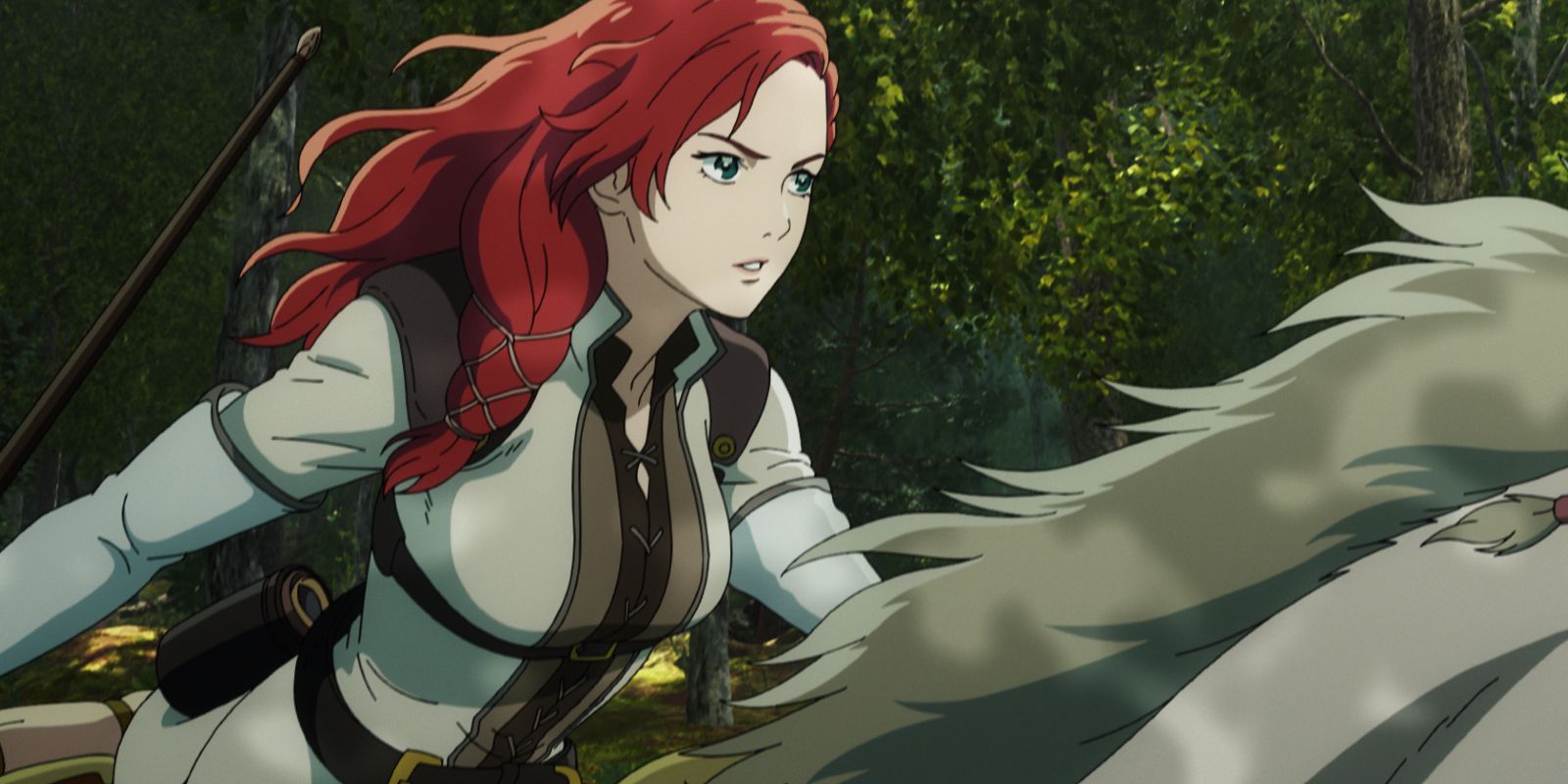
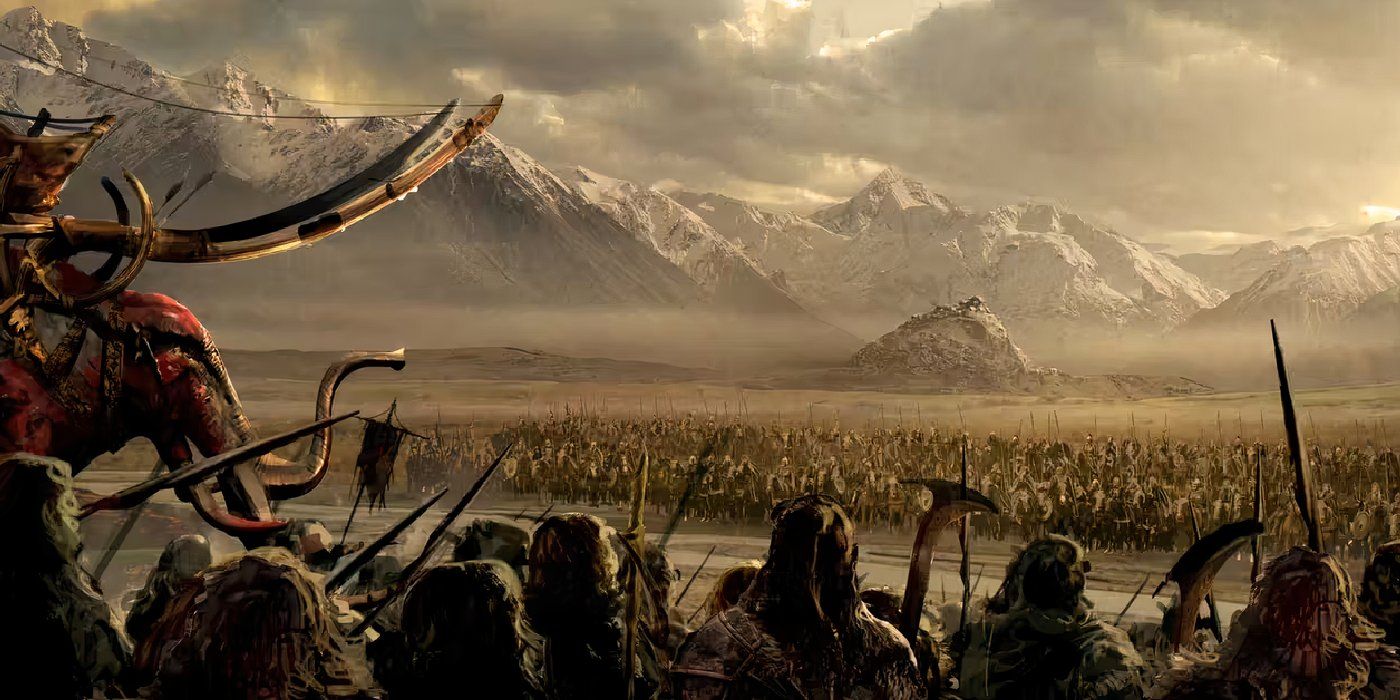
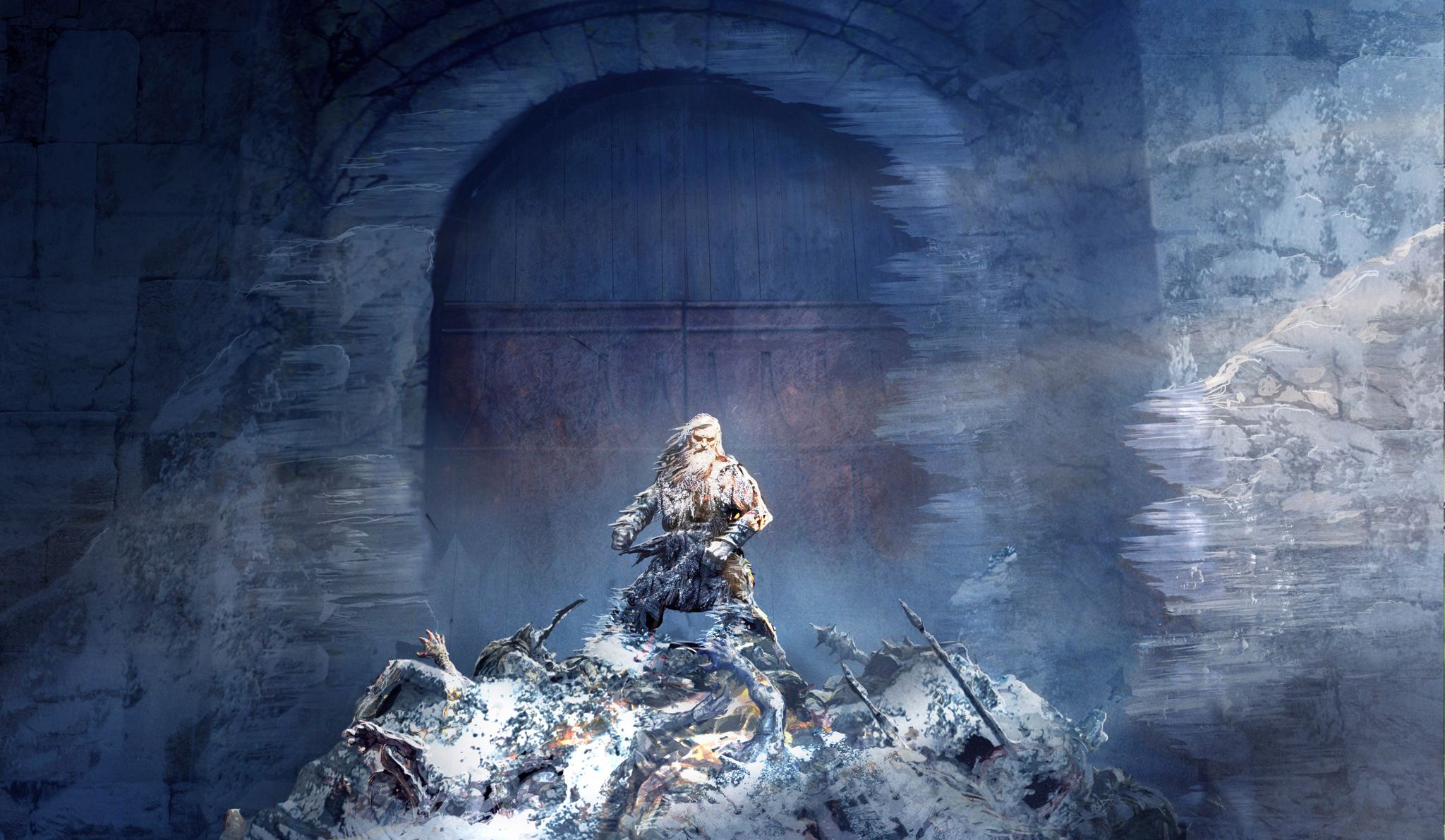
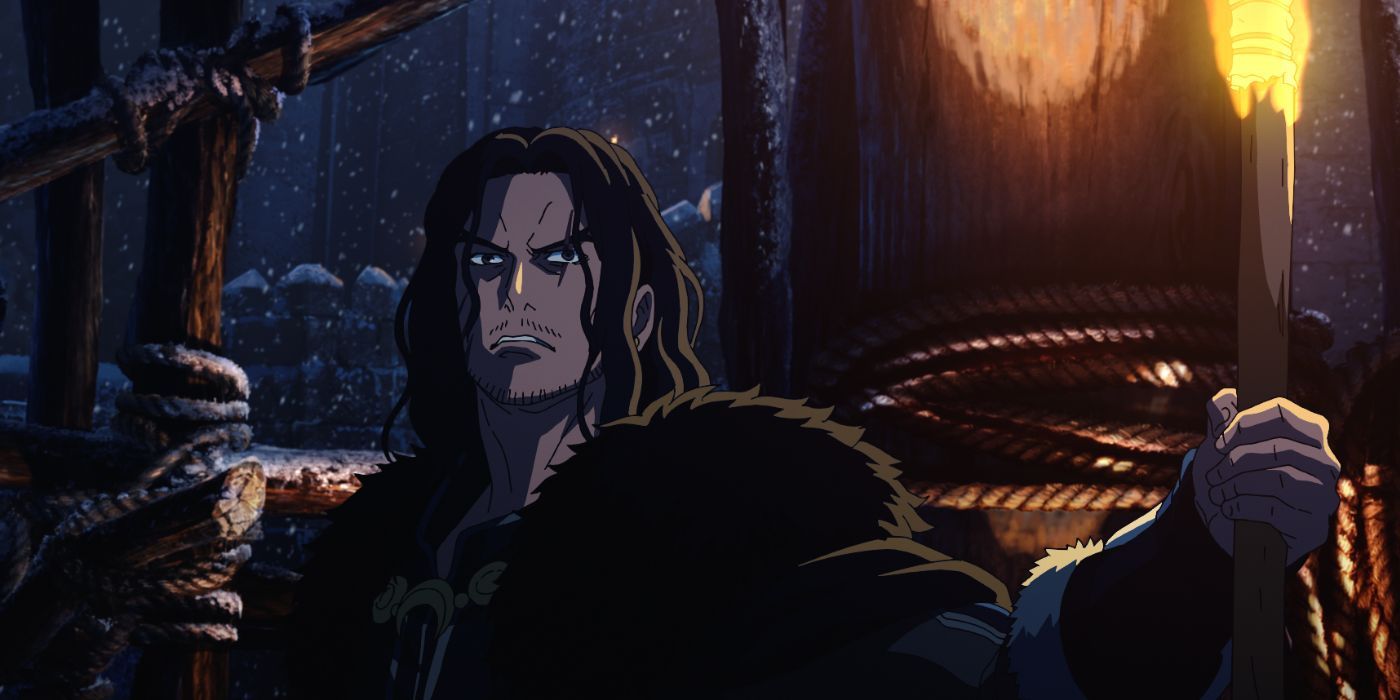






Anime opens up many opportunities for exploring untold stories within Middle-earth. Beyond The War of the Rohirrim, other aspects of Tolkien’s world could thrive in anime. The Silmarillion’s sprawling tales of gods, heroes, and ancient wars are one spectacular way that anime could visually bring Middle-earth to life again. With its ability to create grand battles and intimate character moments, anime could bring these lesser-known stories to life in ways live-action might struggle to achieve.
The collaborative efforts behind The War of the Rohirrim also demonstrate how blending Western and Japanese storytelling traditions can bring out the best of both.
Anime’s flexibility also gives the creators more experimentation as well as room for tone and style. A series focused on the Hobbits’ cozy lives could lean into the charm of slice-of-life anime while a darker story like Turin Turambar’s tragedy could take inspiration from psychological thrillers. Each little story within Tolkien’s world has a very distinct mood and theme that anime could adapt by staying true to the source material.
The collaborative efforts behind The War of the Rohirrim also demonstrate how blending Western and Japanese storytelling traditions can bring out the best of both. By combining Tolkien’s lore with anime’s visual artistry, future adaptations could uncover new depths in Middle-earth, making sure that all Lord of the Rings stories remain true to the books and timeless like the original films.
With The War of the Rohirrim, the team has showcased how anime can re-imagine one of the most beloved franchises in modern storytelling. From capturing Helm and Hera Hammerhand’s tragic heroism to introducing new audiences to the richness of Rohan’s history, this project is the perfect example of “what anime can do.” As anime continues to grow as a global medium, it holds the potential to redefine how epic tales are told, not just in Middle-earth but throughout all franchises.




